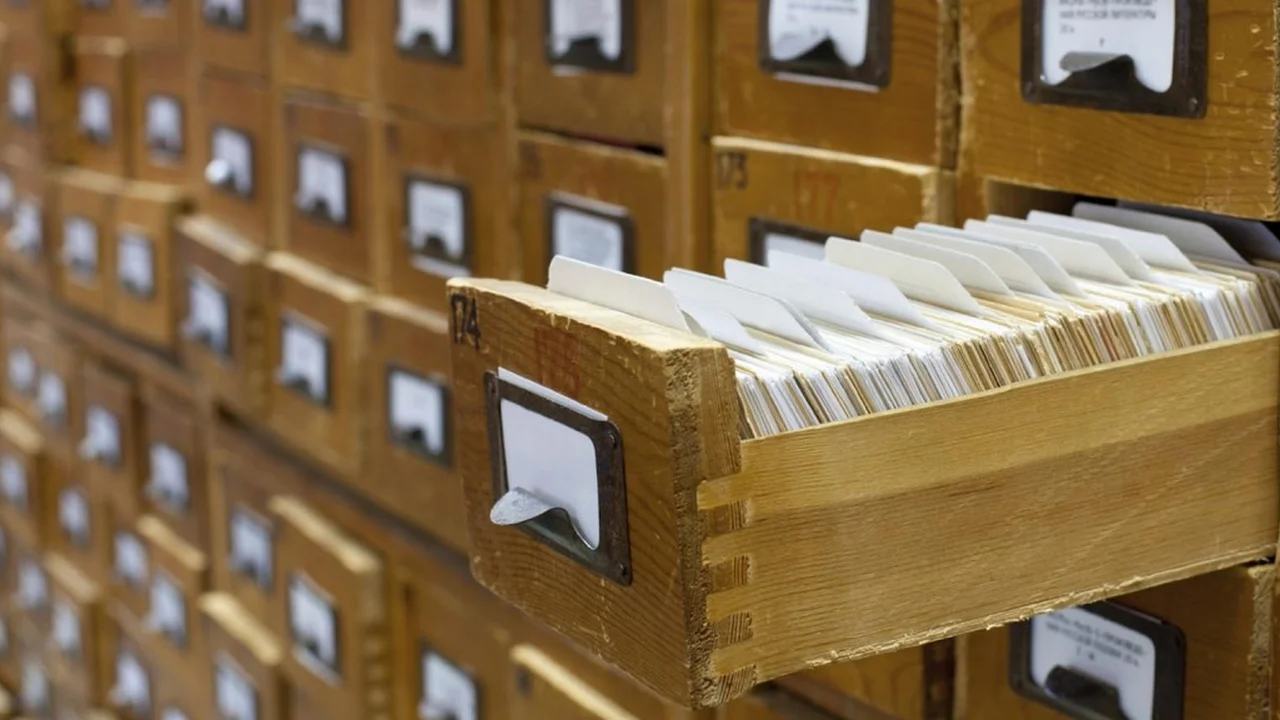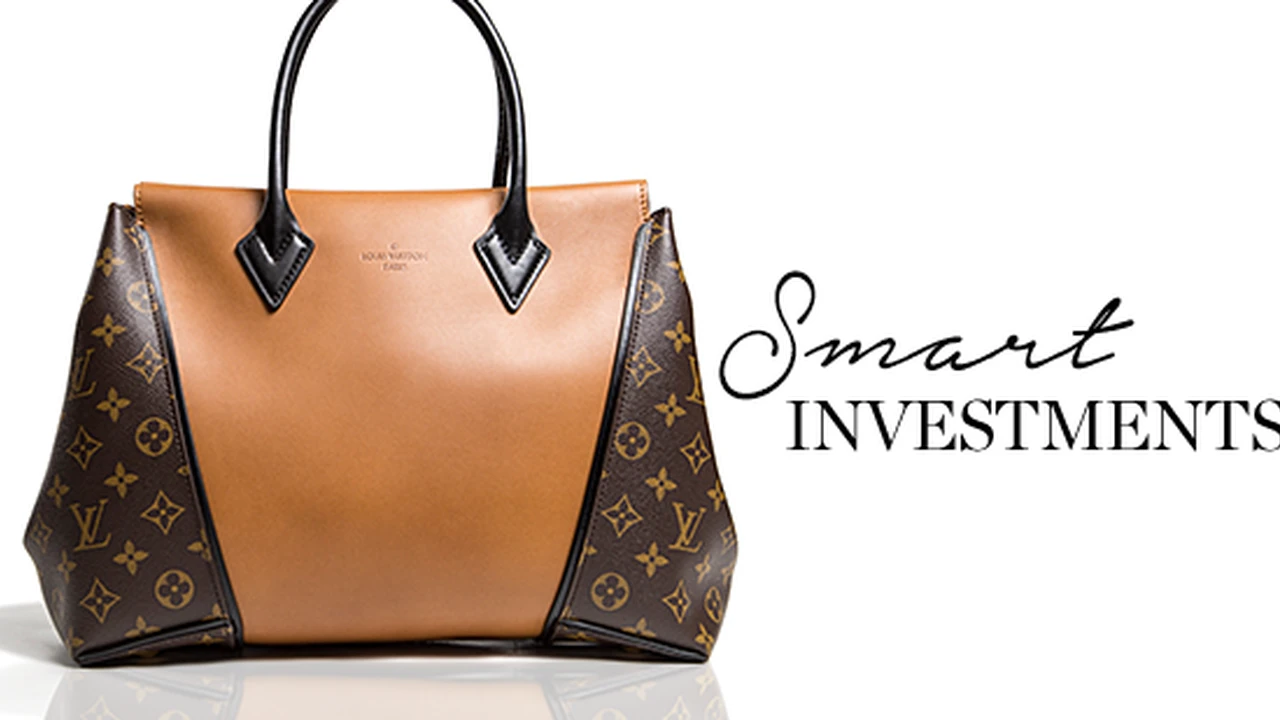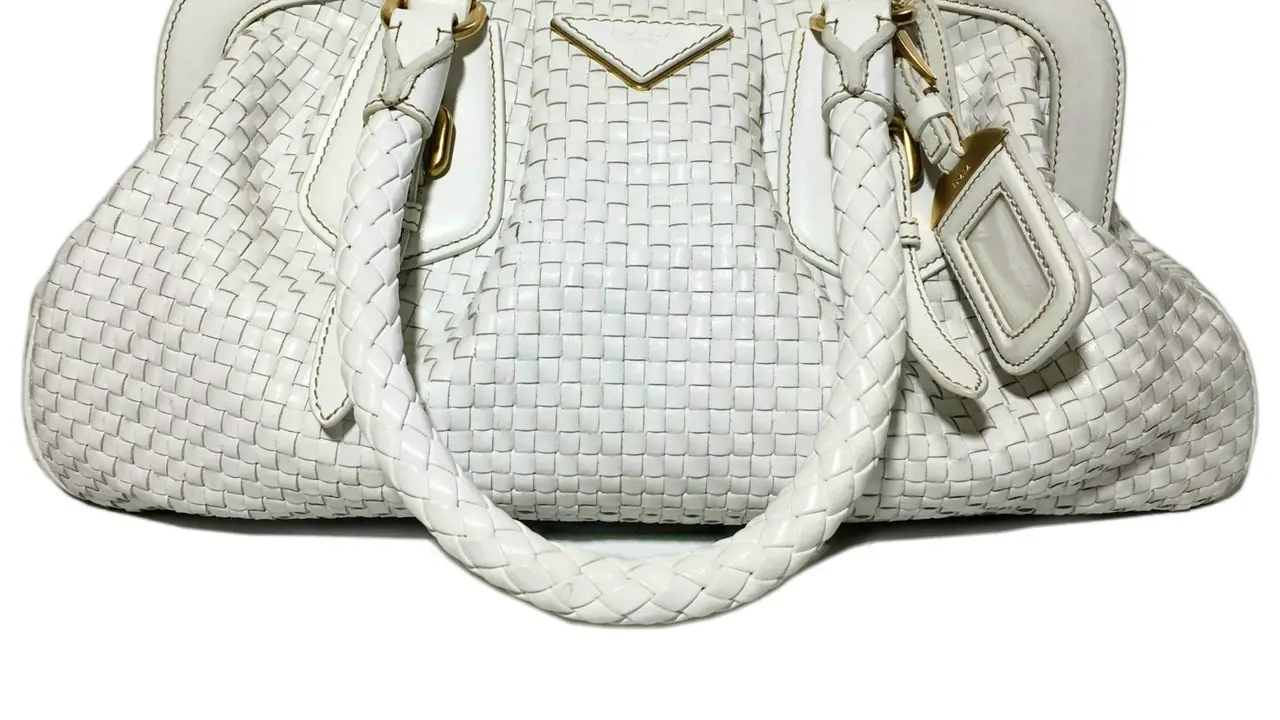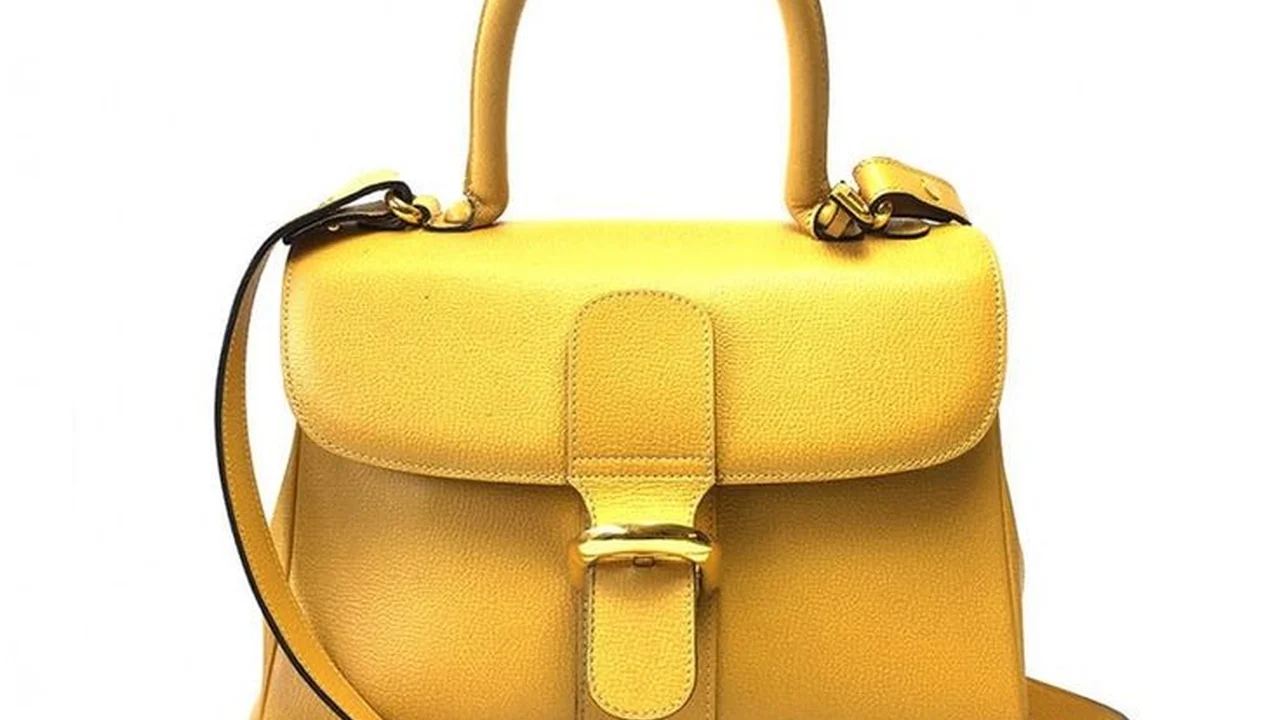Luxury Handbag Resale: Tax Implications in Southeast Asian Countries
Luxury Handbag Resale Tax Implications in Southeast Asian Countries Learn about the tax implications of luxury handbag resale in Southeast Asian countries Understand your obligations and ensure compliance with local regulations.
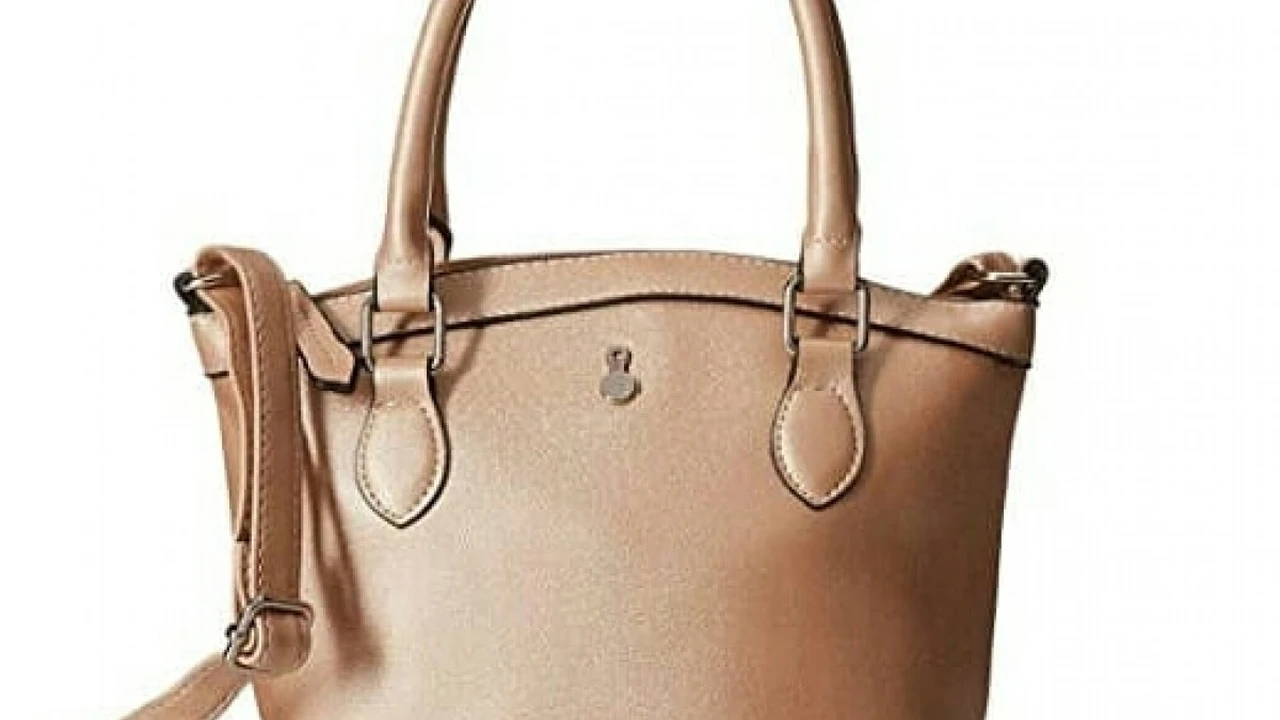
Understanding Luxury Handbag Resale Tax in Southeast Asia An Overview
Okay, so you’re diving into the exciting world of luxury handbag resale in Southeast Asia? Awesome! But before you start raking in the dough from those gorgeous pre-loved bags, let's talk about something a little less glamorous: taxes. Yeah, I know, not the most thrilling topic, but understanding the tax implications in different Southeast Asian countries is crucial for staying compliant and avoiding any nasty surprises down the road. Each country has its own set of rules, so let’s break it down.
Luxury Handbag Resale Tax in Singapore GST and Income Tax
Singapore, known for its efficiency and strict regulations, has a Goods and Services Tax (GST) currently at 9%. If you're operating a business that exceeds a certain annual turnover (currently SGD 1 million), you’ll need to register for GST. This means you'll collect GST on your sales and remit it to the government. For individual sellers, unless you're consistently and systematically engaging in resale as a business, you likely won't need to register for GST. However, the income you earn from selling handbags, whether as a business or individual, is generally subject to income tax. Singapore has progressive income tax rates, so the more you earn, the higher the tax rate. Keep meticulous records of your income and expenses (like authentication costs, shipping fees, etc.) to accurately calculate your taxable income. The Inland Revenue Authority of Singapore (IRAS) is your go-to resource for all things tax-related in Singapore. They have tons of helpful guides and resources on their website.
Luxury Handbag Resale Tax in Malaysia SST and Income Tax
Malaysia operates with a Sales and Service Tax (SST). SST is generally not applicable to individual sellers unless they are registered businesses exceeding a certain threshold. However, income derived from luxury handbag resale is subject to income tax. Malaysia also uses a progressive income tax system. Make sure you declare your income from resale activities in your annual tax return. The Lembaga Hasil Dalam Negeri Malaysia (LHDN), or Inland Revenue Board of Malaysia, is the authority responsible for tax matters. They have offices and online resources available to assist with tax compliance.
Luxury Handbag Resale Tax in Thailand VAT and Income Tax
Thailand uses a Value Added Tax (VAT), currently at 7%. Similar to Singapore and Malaysia, VAT registration is typically only required for businesses exceeding a specific annual revenue threshold. Individual sellers are usually exempt unless their resale activities are substantial and considered a business. Income earned from luxury handbag resale is, of course, subject to Thai income tax. Thailand also has a progressive income tax system. Remember to keep accurate records of your sales and expenses. The Revenue Department of Thailand is the governing body for taxes. Their website and offices provide information and assistance for taxpayers.
Luxury Handbag Resale Tax in Indonesia VAT and Income Tax
Indonesia also utilizes a Value Added Tax (VAT), known as Pajak Pertambahan Nilai (PPN). VAT registration is generally necessary for businesses with annual revenue exceeding a certain amount. Individual sellers are typically not required to register unless their resale activities constitute a business. As with other countries, income from luxury handbag resale is subject to Indonesian income tax. Indonesia has a progressive income tax system. The Directorate General of Taxes (Direktorat Jenderal Pajak) is the responsible authority for taxation. They offer resources and guidance for tax compliance.
Luxury Handbag Resale Tax in the Philippines VAT and Income Tax
The Philippines has a Value Added Tax (VAT) of 12%. VAT registration is usually required for businesses exceeding a specific annual gross sales threshold. Individual sellers are generally exempt unless their resale activities are considered a regular business. Income earned from luxury handbag resale is subject to Philippine income tax. The Philippines also has a progressive income tax system. The Bureau of Internal Revenue (BIR) is the agency responsible for tax administration. They provide information and assistance to taxpayers.
Specific Examples and Scenarios of Luxury Handbag Resale Tax
Let's look at some specific examples to make things even clearer:
* **Scenario 1: Casual Seller in Singapore:** You occasionally sell a pre-owned Louis Vuitton bag on Carousell. You're not running a business, just decluttering your closet. In this case, you likely don't need to register for GST, but the profit you make from the sale is technically considered income and should be declared in your income tax return.
* **Scenario 2: Regular Seller in Malaysia:** You consistently buy and sell luxury handbags on Instagram and have a significant number of followers and sales. This could be considered a business. You'll need to track your income and expenses and declare them for income tax purposes. You might need to register for SST if your annual turnover exceeds the threshold.
* **Scenario 3: Online Resale Business in Thailand:** You operate a website selling authenticated luxury handbags. You're registered as a business and have a high volume of sales. You'll definitely need to register for VAT, collect VAT from your customers, and remit it to the Revenue Department. You'll also need to pay corporate income tax on your profits.
Luxury Handbag Recommendations and Tax Implications
So, which bags are hot in Southeast Asia right now, and how might their resale value (and therefore, potential tax implications) be affected?
* **Chanel Classic Flap Bag:** Always a classic! A medium Classic Flap in black lambskin with gold hardware typically resells for around $6,000 - $8,000 USD depending on condition and year. If you're selling this, remember to factor in the potential income tax on the profit you make.
* **Hermès Birkin:** The holy grail of handbags. A Birkin 30 in Togo leather can fetch upwards of $15,000 - $20,000 USD on the resale market. Selling a Birkin comes with significant tax implications, so be prepared to declare that income!
* **Louis Vuitton Neverfull:** A more accessible luxury option. A pre-owned Neverfull in Damier Ebene can sell for around $1,000 - $1,500 USD. While the profit margin might be smaller than a Birkin, it's still income that needs to be considered for tax purposes.
* **Dior Saddle Bag:** A trendy comeback piece. A pre-owned Dior Saddle bag can sell for around $2,000 - $3,000 USD. The resale value fluctuates with trends, so keep an eye on the market.
* **Gucci Dionysus:** A popular choice with a distinctive design. A pre-owned Gucci Dionysus can sell for around $1,500 - $2,500 USD.
Comparing Popular Luxury Handbags and Tax Considerations
Let's compare these bags and their tax implications:
| Handbag | Resale Price (USD) | Potential Tax Implication | Notes |
|----------------------|---------------------|---------------------------|----------------------------------------------------------------------------------------------------------------------------|
| Chanel Classic Flap | $6,000 - $8,000 | Medium to High | High demand, stable resale value. |
| Hermès Birkin | $15,000 - $20,000 | Very High | Extremely high resale value, significant tax implications. |
| LV Neverfull | $1,000 - $1,500 | Low to Medium | More accessible price point, lower tax impact. |
| Dior Saddle | $2,000 - $3,000 | Medium | Trendy, resale value can fluctuate. |
| Gucci Dionysus | $1,500 - $2,500 | Medium | Popular design, consistent resale value. |
Luxury Handbag Authentication Costs and Tax Deductions
Don't forget about authentication costs! Getting a luxury handbag authenticated before selling it is crucial for building trust and ensuring you're selling a genuine item. Authentication services typically cost between $100 - $300 USD per bag. The good news is that these costs can often be deducted as business expenses when calculating your taxable income, so keep those receipts! Services like Real Authentication, Entrupy and Bababebi are popular choices.
Tips for Staying Compliant with Luxury Handbag Resale Tax Laws
Here are some key takeaways to help you navigate the tax landscape:
* **Keep Accurate Records:** This is the most important thing! Track all your sales, expenses (including authentication fees, shipping costs, and cleaning supplies), and any other relevant financial information.
* **Consult a Tax Professional:** When in doubt, seek advice from a qualified tax advisor who understands the specific tax laws in your country.
* **Understand the Thresholds:** Be aware of the annual revenue thresholds for VAT/GST/SST registration in your country.
* **Declare Your Income:** Don't try to hide your income! It's better to be honest and compliant than risk getting caught and facing penalties.
* **Stay Updated:** Tax laws can change, so stay informed about any updates or amendments that might affect your resale activities.
:max_bytes(150000):strip_icc()/277019-baked-pork-chops-with-cream-of-mushroom-soup-DDMFS-beauty-4x3-BG-7505-5762b731cf30447d9cbbbbbf387beafa.jpg)



